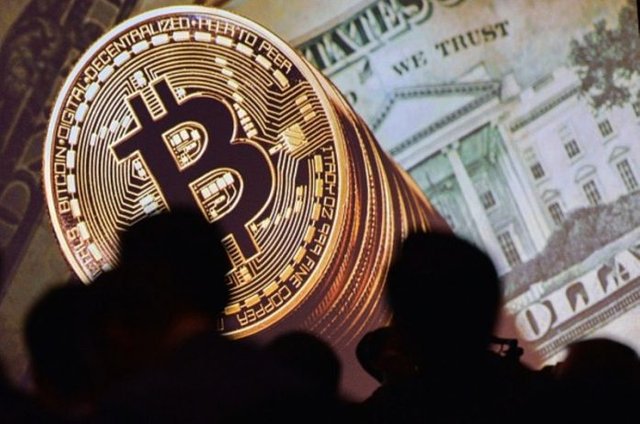Over the last week, the price of Bitcoin crashed from around $2,400 to $1,800 on fears of a so-called hard fork also known as a bitcoin split, which is to say the bitcoin split in two due to software upgrades at the end of the month that would create competing marketplaces.
Potential and actual forks have roiled cryptocurrency prices regularly since the introduction of Bitcoin in 2009. The problem with most reporting of these events is that it treats cryptocurrencies as different from physical currencies, and a fork as a complicated technological disaster.
After a fork, a currency exists in two or more incompatible forms. Two of the biggest forks for the U.S. dollar occurred in 1963 and 1971.
In 1963, the U.S. passed the badly conceived Interest Equalization Tax on purchases of foreign securities by taxpayers. London banks quickly created “eurodollar” deposits, dollar deposits outside the U.S. banking system, which were not subject to the tax.
A eurodollar is kind of like a dollar, except that it is not supported by the U.S. When there is more faith in banks than governments, eurodollars carry a lower interest rate than regular dollars because they are less subject to American jurisdiction. But when banks are troubled, eurodollars carry higher rates because the eurodollar banks might be unable to redeem deposits. In 2008, when that possibility became real, the Federal Reserve supported eurodollars.
In 1971, the Reserve Primary Fund was formed. It was organized via a loophole in mutual fund rules, not as a money substitute. Regulators fought these funds for years before embracing them in the early 1980s. Purchase of money market shares was kind of like depositing money in a bank, except that the money market funds paid much higher rates, and except that the deposit had no official support. Nevertheless, in 2008, the government decided to support money market funds. Money market deposits are counted as dollars in the money supply according to M2, the most widely used measure.


Hi! I am a robot. I just upvoted you! I found similar content that readers might be interested in:
https://www.bloomberg.com/view/articles/2017-07-24/bitcoin-split-is-nothing-to-fear
Downvoting a post can decrease pending rewards and make it less visible. Common reasons:
Submit